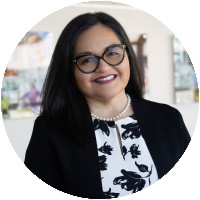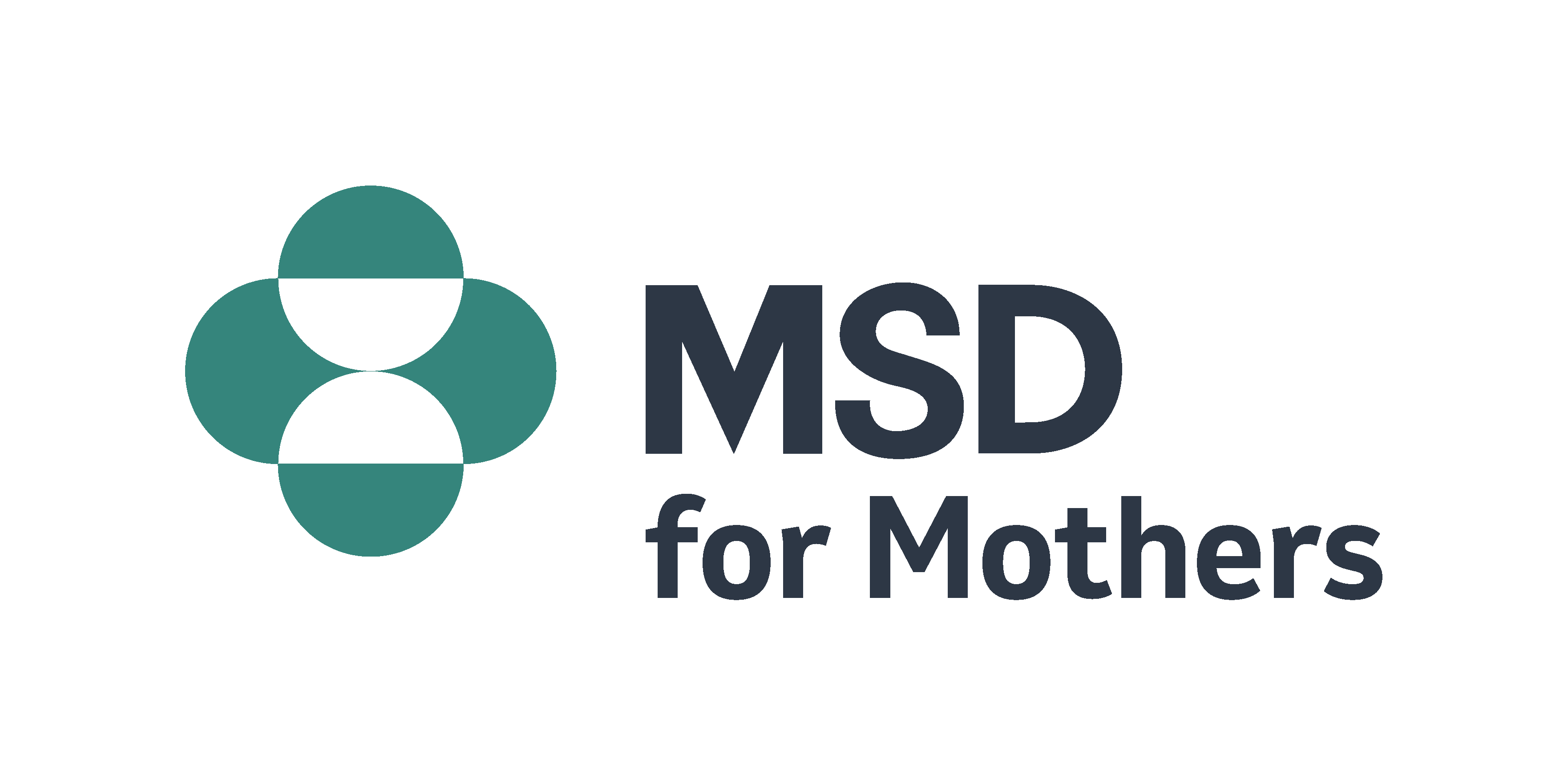A Devex event sponsored and convened by MSD for Mothers
and WHO's Country Connector on Private Sector in Health
All In: Sustainable
Approaches
to Improve
Maternal Health and
Achieve UHC through
strategic private
sector collaborations
September 19, 2023 | 9 a.m.-10 a.m. ET
New York & Online everywhere
About the Event
As the world prepares for the U.N. High-level Meetings on Pandemic Prevention, Preparedness and Response (Sept. 20), Universal Health Coverage (Sept. 21), and Fight Against Tuberculosis (Sept. 22), some 3.5 billion people — almost half the world’s population — lack access to the health services they need and the quality of service received by many with care is poor. Indeed, we have more people dying from poor-quality care than lack of access to care.
In addition to the lack of progress toward UHC, the world is not on track to achieve health-related targets of the Sustainable Development Goals. For example, reductions in maternal mortality have stagnated — in 2020, an estimated 287,000 women globally died from a maternal cause.
While improving health outcomes is a global priority, governments have committed to achieving all the SDGs by 2030. All countries, particularly low- and middle-income ones, are struggling to meet the financing necessary to achieve the SDGs. This is due to:
1. Perennially strapped national budgets, with 110 governments expected to spend less, or minutely increase spending on health between now and 2027 in comparison to pre-pandemic periods;
2. Cyclical cuts in foreign aid, especially from countries that have historically championed development assistance;
3. Slowing increases in donor funding ; and
4. Funding gaps further exacerbated by the COVID-19 pandemic and new development funding directed toward pandemic response efforts.
Amid climate change, LMICs around the globe will continue to experience local threats and crises — pandemics, epidemics, humanitarian emergencies and conflicts, economic crises, natural disasters, mass migration — further threatening the resilience of health systems and progress toward the SDGs, including UHC. In response to this, the World Health Organization calls for an additional $200 billion a year to scale up primary health care across LMICs, despite already strapped national budgets.
Local private sector enterprises can act as an additional mechanism to address critical health care system gaps and market health failures and catalyze economic growth for investments.
The session will be hosted by Devex and sponsored and convened by MSD for Mothers and WHO's Country Connector on Private Sector in Health to bring together the perspectives of key stakeholders making strategic decisions about health care investments on the ground in LMICs, including government and development partners. We particularly aim to draw on the experiences of the speakers in health financing and investment for sustainability and resilience to advance equitable access to care. The speakers will also highlight the policies and practices to be strengthened to help bridge the gaps above.
Join us in New York or online as we pave the pathway forward toward a healthier and more equitable world.
The event will be preceded by a networking breakfast for in-person attendees.
Agenda
*This agenda is evolving and will be updated as we get closer to the event.
8:15 a.m. ET
Registration & breakfast for in-person attendees
9:00 a.m. ET
Welcome & Setting the Scene
Kate Warren, Executive Vice President at Devex
9:01 a.m. ET
Opening Interview | MSD’s approach to advance health equity by leveraging private sector capacity
Speaker:
• Carmen Sachiko Villar, vice president of social business innovation, MSD
• Nick Pearson, Co-executive director, Jacaranda Health
Interviewed by: Kate Warren, Executive Vice President at Devex
9:05 a.m. ET
Perspectives from the field
Speaker:
• Nick Pearson, co-executive director, Jacaranda Health
Interviewed by: Dr. Mary-Ann Etiebet, AVP, health equity and lead, MSD for Mothers
9:10 a.m. ET
Panel
Speaker:
• Mara Hansen Staples, founder, Salient Advisory
• Dr. Samuel Ogbuku, managing director and CEO, Niger Delta Development Commission
• Dr. Jarbas Barbosa, director, Pan American Health Organization
• Hon. Khumbize Kandodo Chiponda, minister of health, Malawi
Interviewer: Dr. Mary-Ann Etiebet, AVP, health equity and lead, MSD for Mothers
09:40 a.m. ET
Audience Q&A
Firestarters:
• Dr. Suraya Dalil, Director of WHO Special Programme on Primary Health Care
• Jeffrey Smith, Deputy director of implementation research and demonstration for scale on the maternal, newborn & child health team, Bill & Melinda Gates Foundation
• Dr. Mories Atoki, chief executive officer, African Business Coalition for Health
9:50 a.m. ET
Closing remarks
• Dr. Mary-Ann Etiebet, AVP, health equity and lead, MSD for Mothers
• Panelists
• Kate Warren, Executive Vice President at Devex
Speakers:

Mara Hansen Staples
Founder, Salient Advisory

Nick Pearson
Co-executive director, Jacaranda Health

Dr. Jarbas Barbosa
Director, Pan American Health Organization

Dr. Samuel Ogbuku
Managing director and CEO, Niger Delta Development Commission

Dr. Mories Atoki
Chief executive officer, African Business Coalition for Health

Dr. Suraya Dalil
Director of WHO Special Programme on Primary Health Care

Jeffrey Smith
Deputy director of implementation research and demonstration for scale on the maternal, newborn & child health team, Bill & Melinda Gates Foundation

Carmen Sachiko Villar
Vice president of social business innovation, MSD

Khumbize Kandodo Chiponda
Minister of health, Malawi
Interviewers:

Kate Warren
Executive Vice President & Executive Editor, Devex



